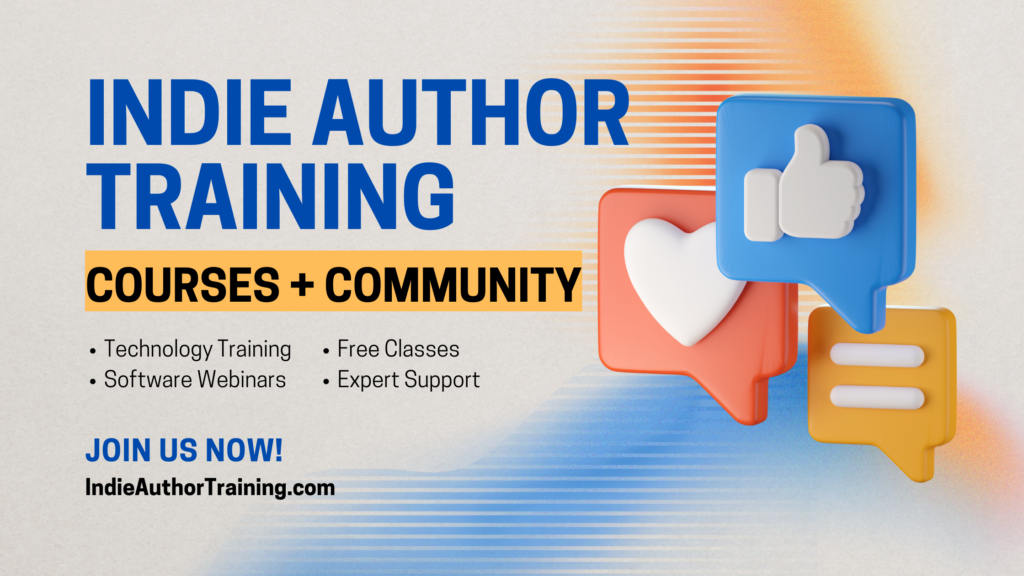Writing with chronic illness looks much different than writing without—and so does self-care. We often think of self-care as what we see prevalent in commercials or on the internet: spa days, vacations, etc. While these are nice, self-care for the chronically ill takes on a much simpler plan. It is more about taking your medications, seeing your doctor, seeking help if depression sinks in, staying comfortable, opening a window to let it sun and fresh air, and maybe taking a bubble bath if and when you can. Your health is your first priority; your occupation as a writer should always come second.
Before you can write, you should first evaluate your limitations due to your chronic illness. Finding a comfortable area to write in or adapting your writing area to accommodate your condition is important to staying healthy. If you try to write in chronic pain, for instance, you’re more likely to focus on the illness rather than on writing. In addition, you might need to change your writing schedule. For example, you may only be able to write in fifteen-minute intervals, and that’s okay. There is no rule that you must sit for hours on end to be a writer.
Ensuring your self-care routine is set and creating an ideal writing space is only part of the challenge. A support system is a must, and this can be found in family, friends, and other writers. Align with others in the industry who also suffer from chronic illness. They can assist you in so many ways, including providing forums to discuss your illness, accessing tips on how to make writing easier, and offering a place to lift yourself back up if you start to spiral. Places like Facebook have tons of groups dedicated to chronic illness, where you can find other writers in the same spot as you.
No matter how you approach chronic illness as a writer, always remember to apply self-care first and have that strong support system. By taking the time to manage your chronic illness and prioritize what your body needs, you’ll find you gain more time to focus on that thing we all love: writing.
Chronic illness pervades the population, including that of writers. According to the CDC, six in ten adults suffer from a chronic illness while four in ten suffer from at least two chronic illnesses (https://cdc.gov/chronicdisease/tools/infographics.htm). These staggering statistics apply to writers as well, creating another challenge for those affected in an already difficult and complex industry.
Writing with chronic illness looks much different than writing without—and so does self-care. We often think of self-care as what we see prevalent in commercials or on the internet: spa days, vacations, etc. While these are nice, self-care for the chronically ill takes on a much simpler plan. It is more about taking your medications, seeing your doctor, seeking help if depression sinks in, staying comfortable, opening a window to let it sun and fresh air, and maybe taking a bubble bath if and when you can. Your health is your first priority; your occupation as a writer should always come second.
Before you can write, you should first evaluate your limitations due to your chronic illness. Finding a comfortable area to write in or adapting your writing area to accommodate your condition is important to staying healthy. If you try to write in chronic pain, for instance, you’re more likely to focus on the illness rather than on writing. In addition, you might need to change your writing schedule. For example, you may only be able to write in fifteen-minute intervals, and that’s okay. There is no rule that you must sit for hours on end to be a writer.
Ensuring your self-care routine is set and creating an ideal writing space is only part of the challenge. A support system is a must, and this can be found in family, friends, and other writers. Align with others in the industry who also suffer from chronic illness. They can assist you in so many ways, including providing forums to discuss your illness, accessing tips on how to make writing easier, and offering a place to lift yourself back up if you start to spiral. Places like Facebook have tons of groups dedicated to chronic illness, where you can find other writers in the same spot as you.
No matter how you approach chronic illness as a writer, always remember to apply self-care first and have that strong support system. By taking the time to manage your chronic illness and prioritize what your body needs, you’ll find you gain more time to focus on that thing we all love: writing.






